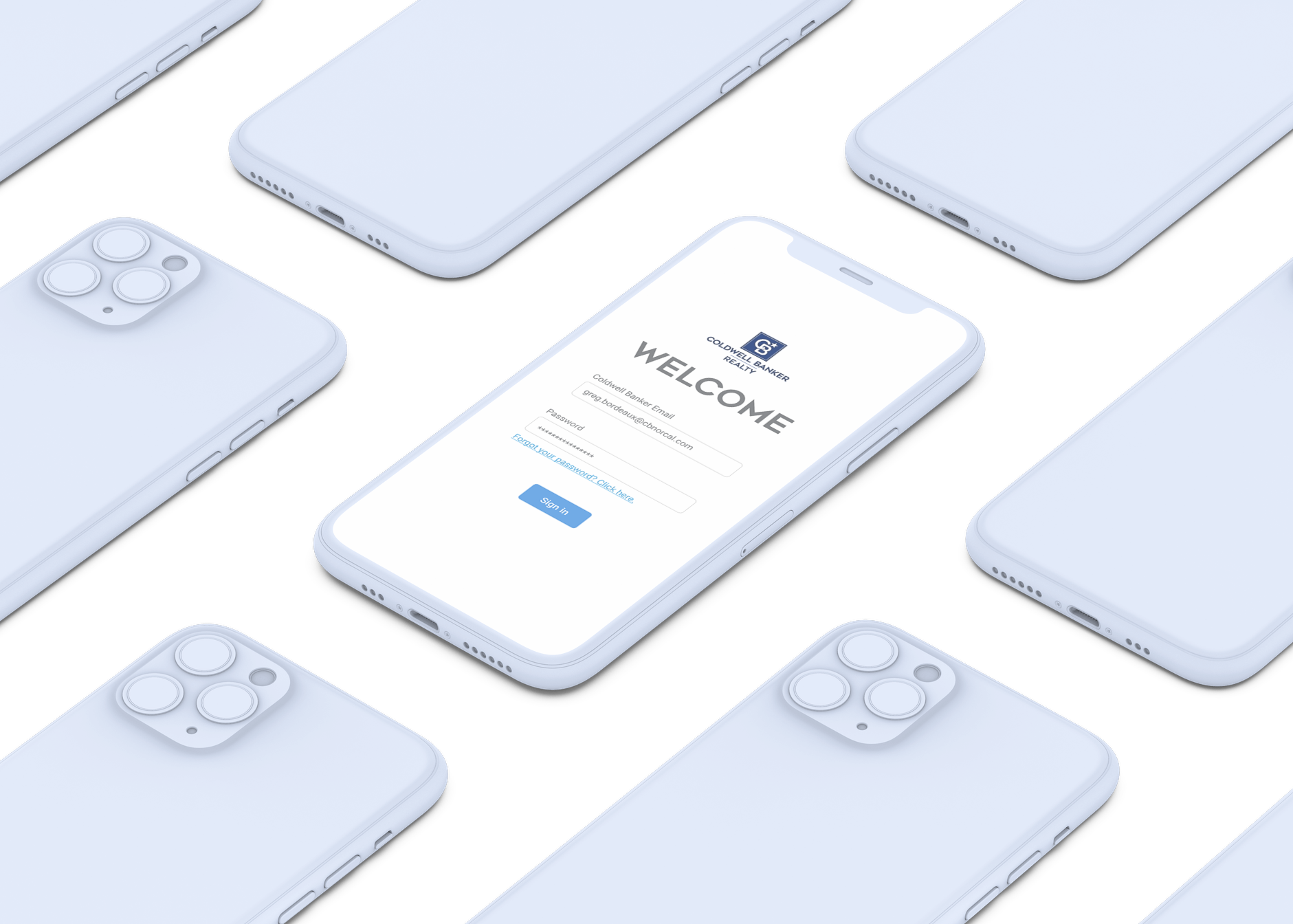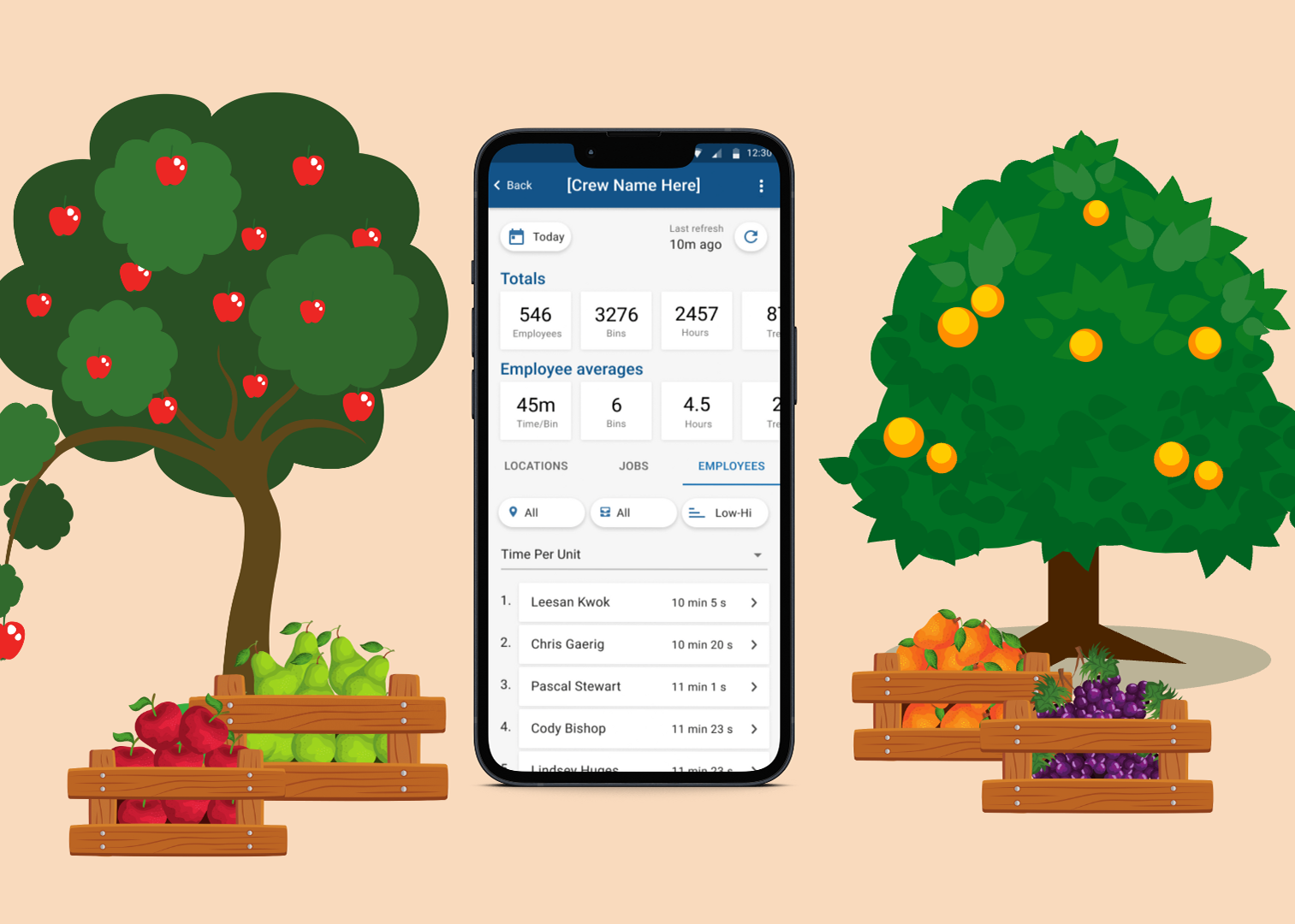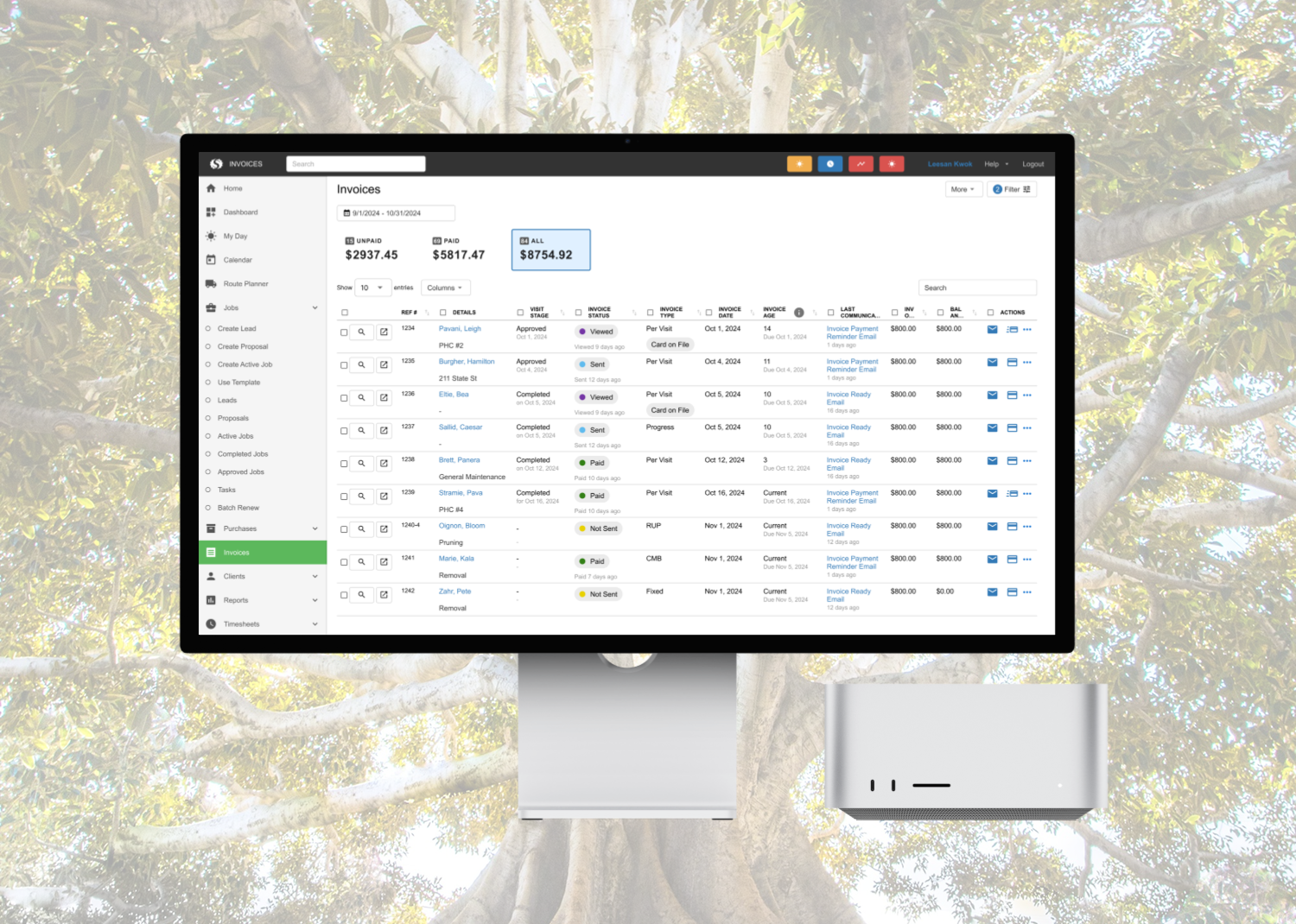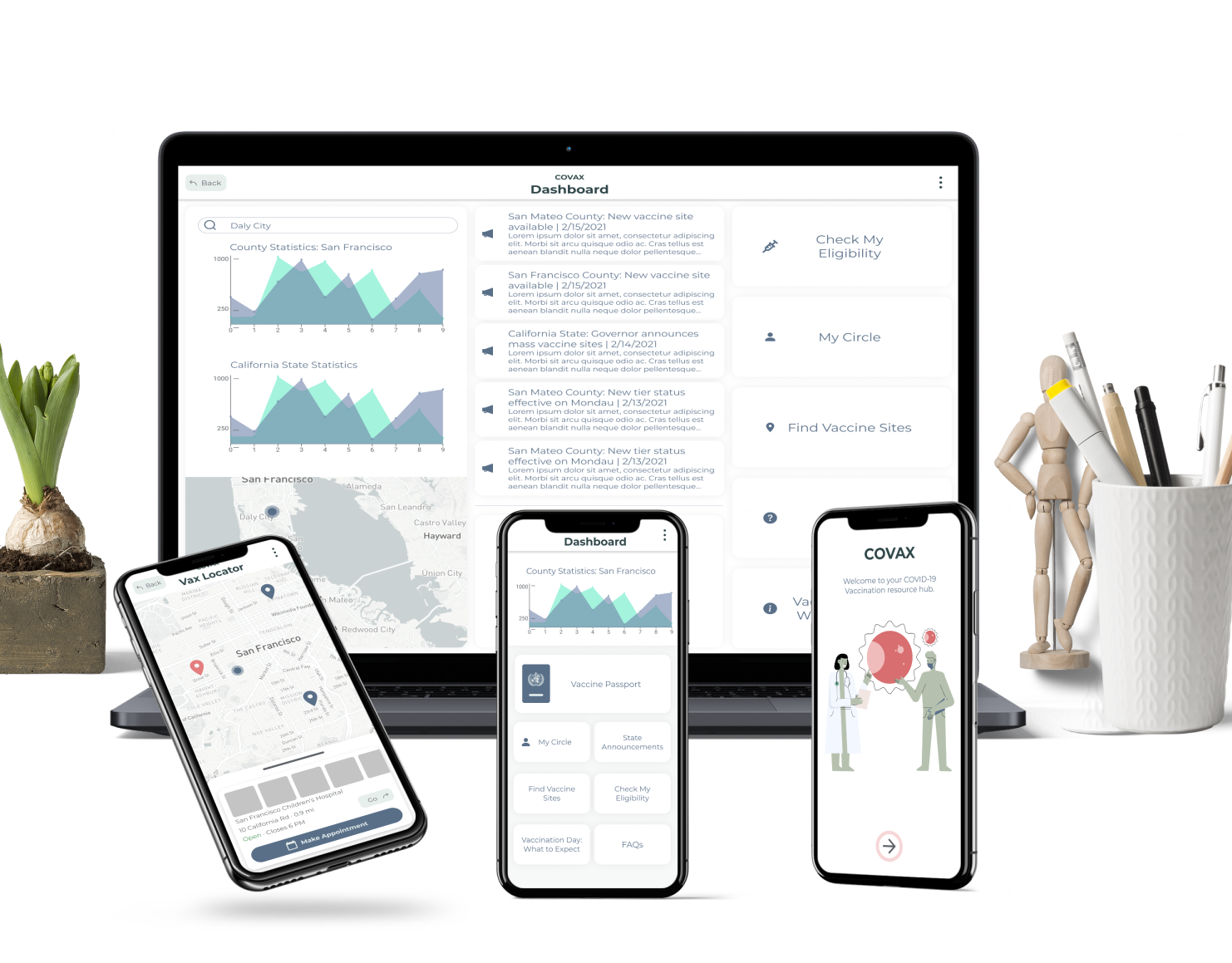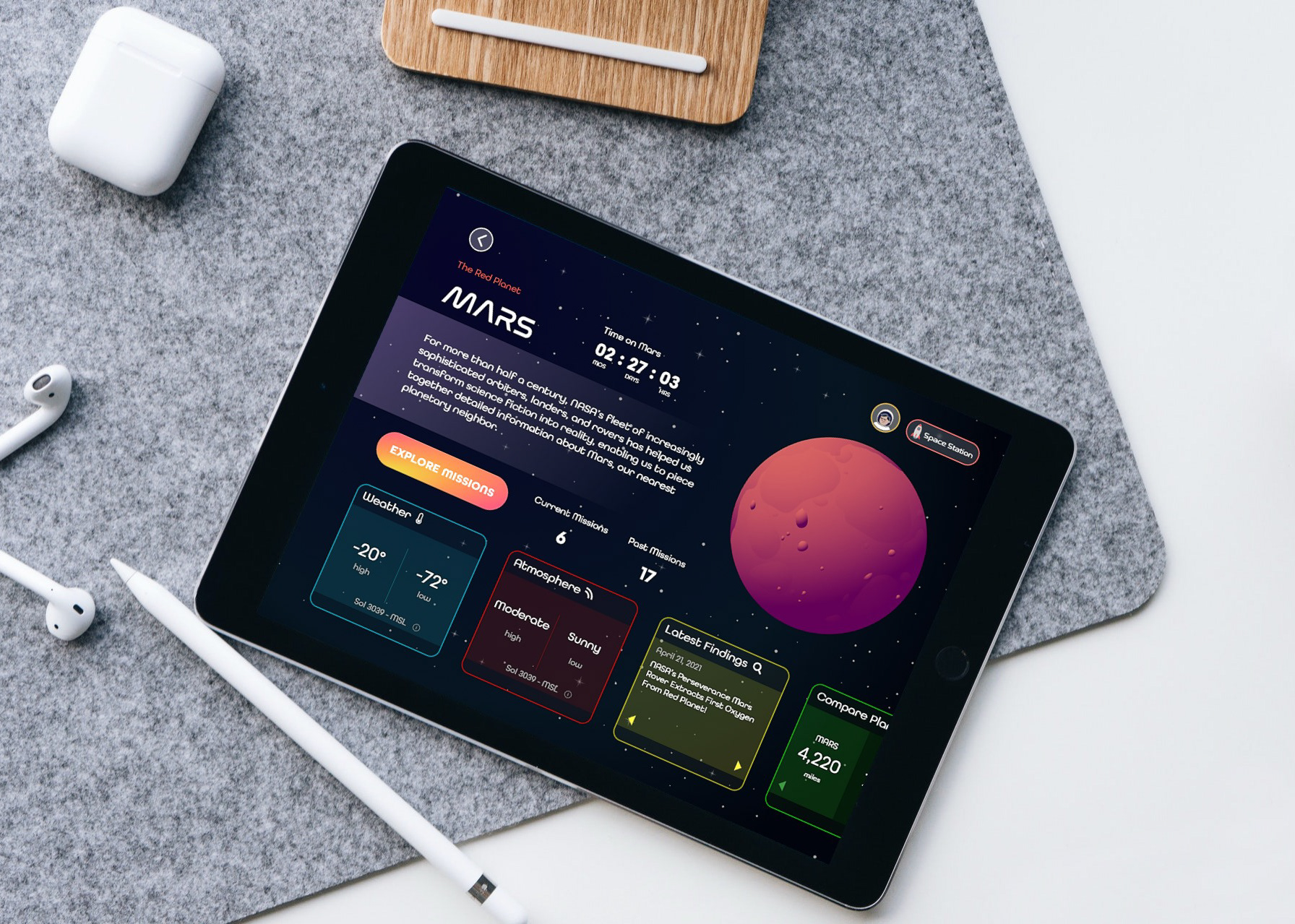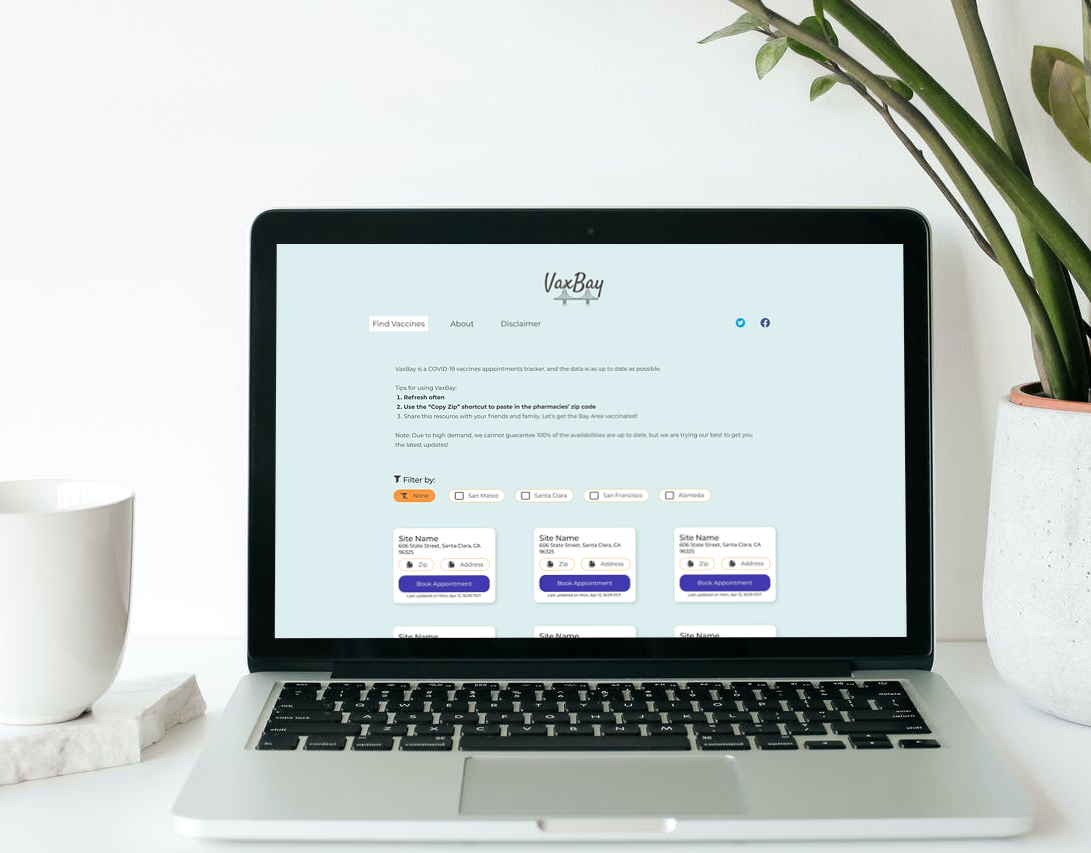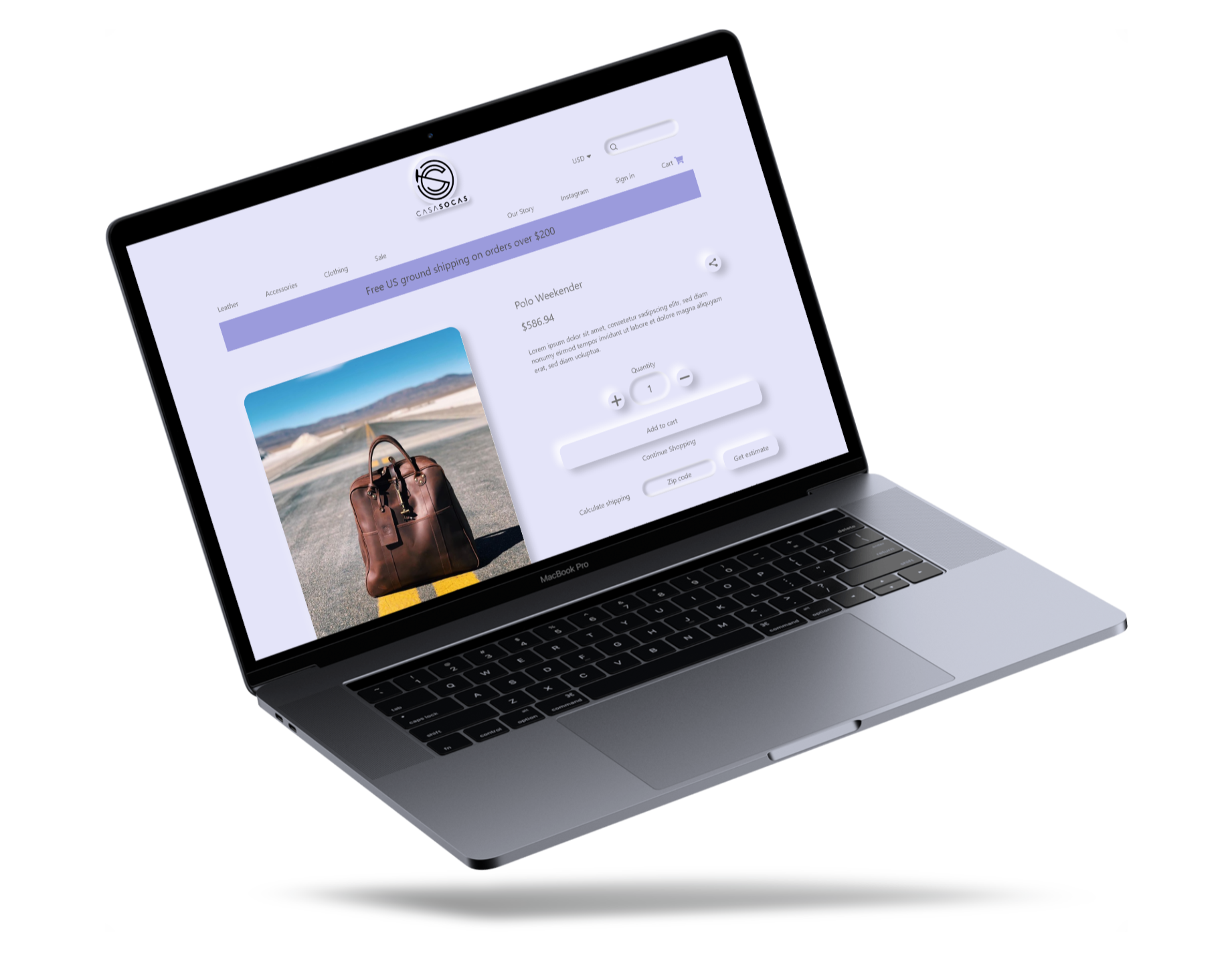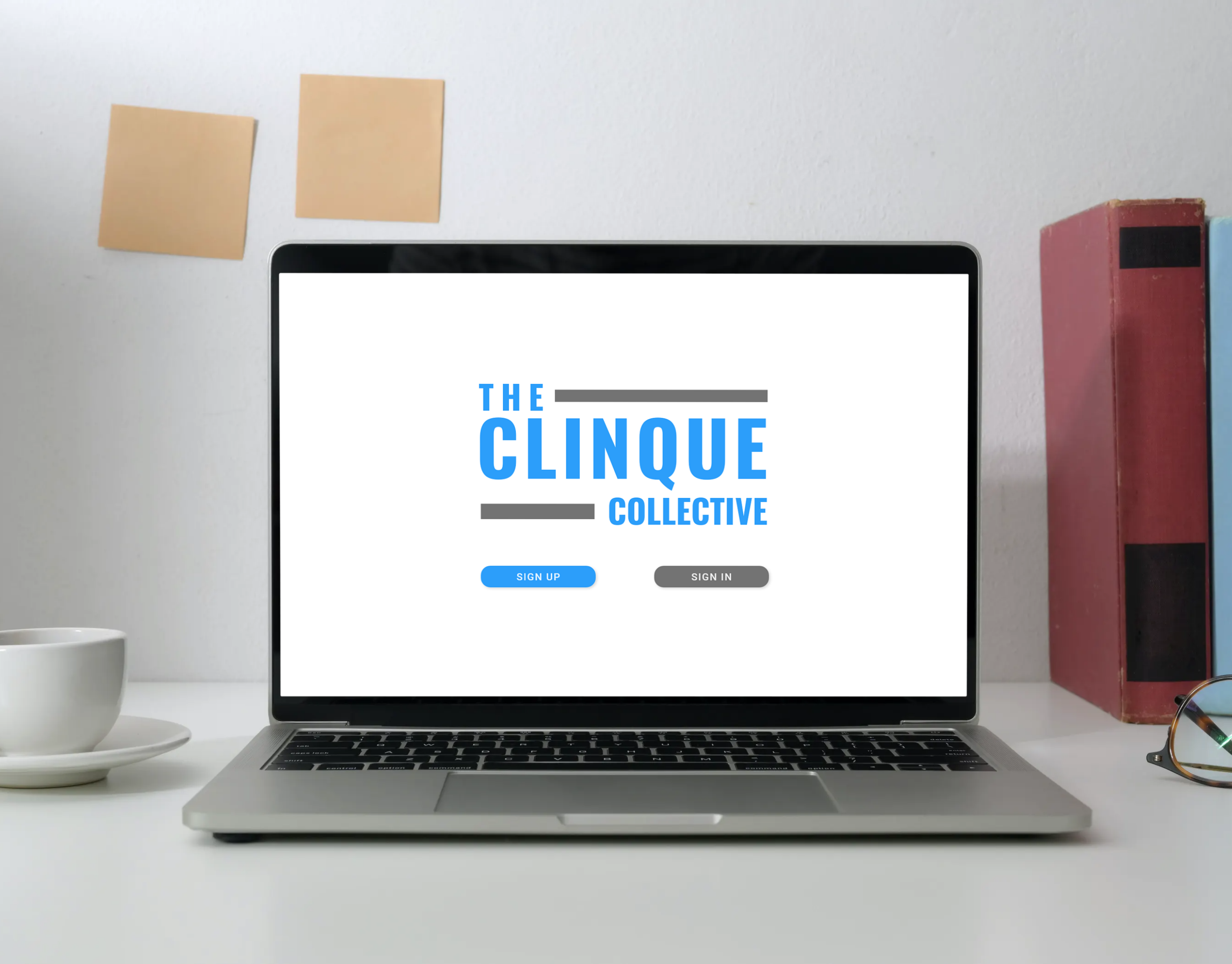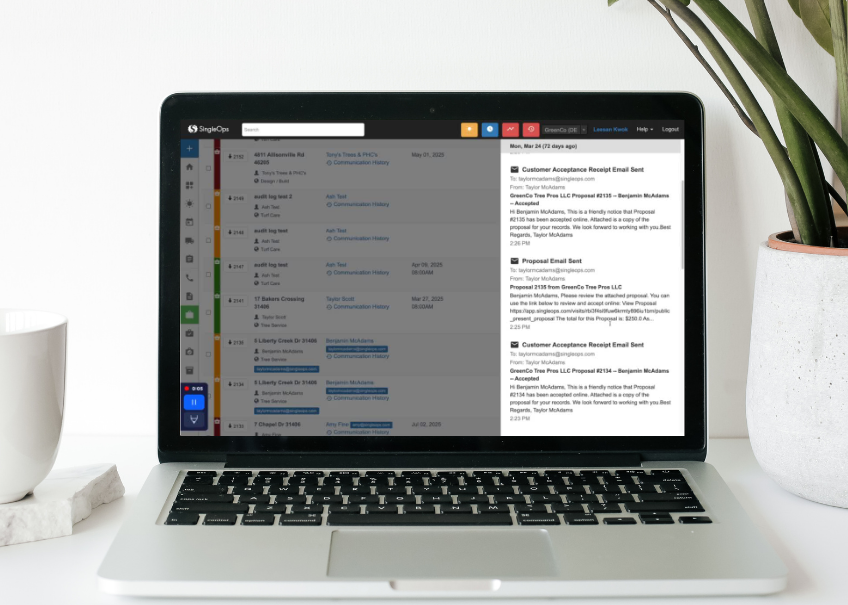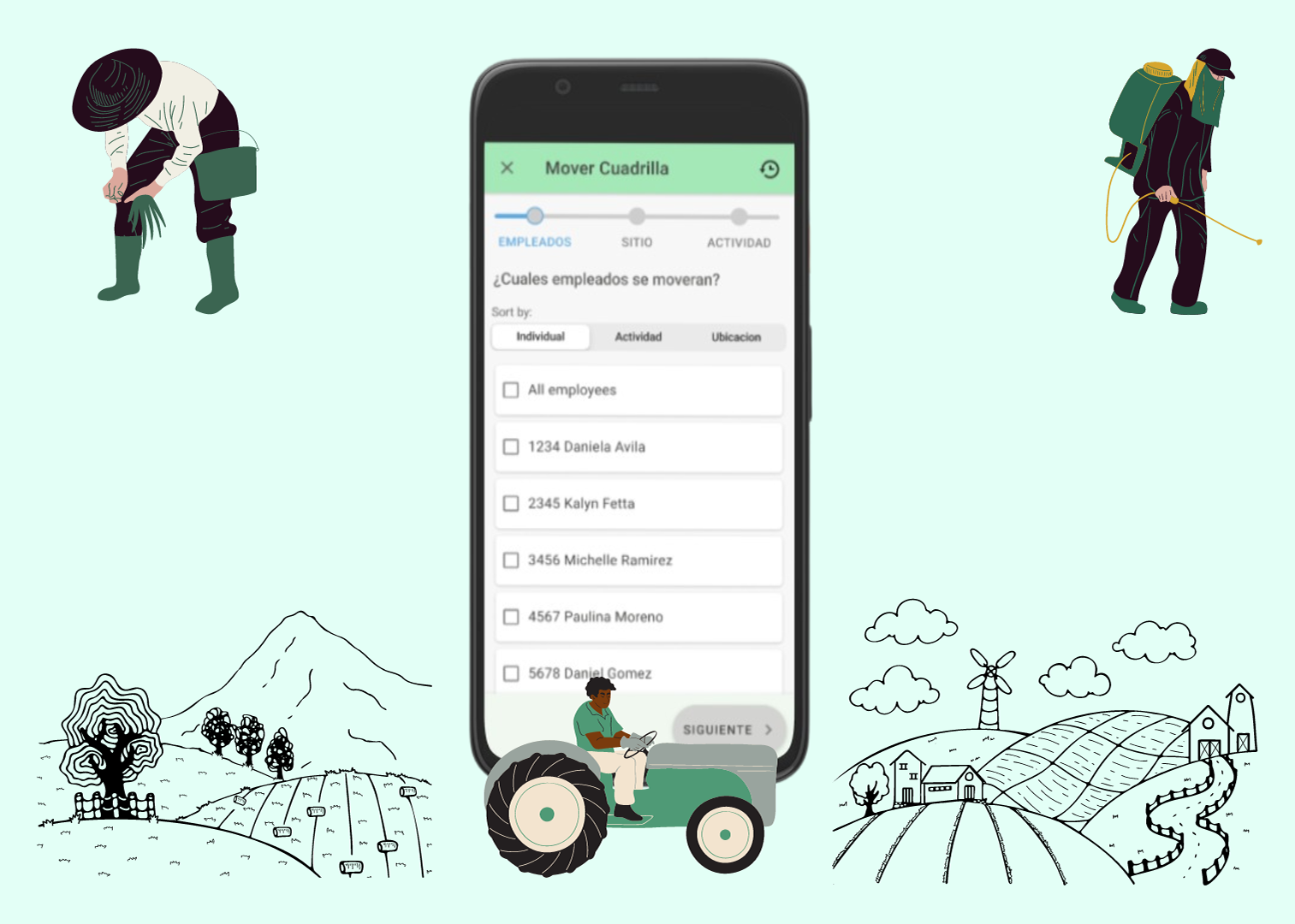Role UX Designer Intern
Duration 4 months (September 2020 - January 2021)
Responsibilities User research, testing, wireframing, animation, prototyping, ideation for the landing page design
Kilo is an app for men to track qualitative data on a daily basis in order to improve happiness and mental health. In conventional societal practices, men are discouraged from being vulnerable and showing emotion. This means they are less likely to monitor and reflect on qualitative markers which leads to poorer mental health. These circumstances culminate to an outsized percentage of male suicides.
A Focus on Diverse Representation
As an American designer of color who grew up in Hong Kong, it is important to me that the products I design
1. Appeal to a diverse group of people
2. Represent marginalized people
3. Display people relative to the product that does not demean the represented in any way
After settling on an initial layout, I spent upwards of 1 month sifting through images on Unsplash. Apart from the requirements listed above, I also needed the images to fit the overall brand style of Kilo.
I narrowed my search down to the following groups
1. People with disabilities
2. Men with children
3. People of color
4. People in nature
The photos on the right were in the final running but some did not make the cut.
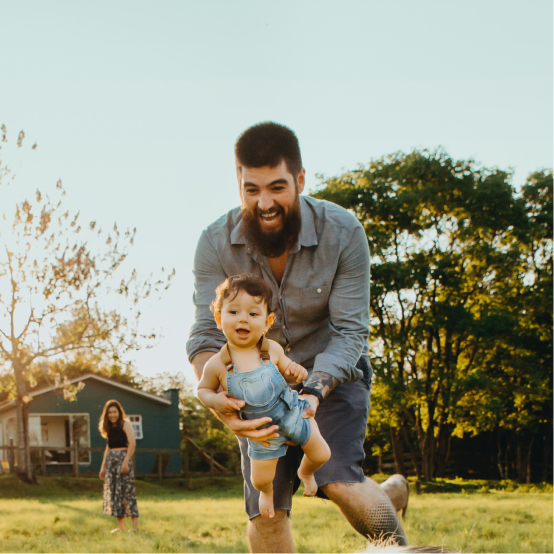

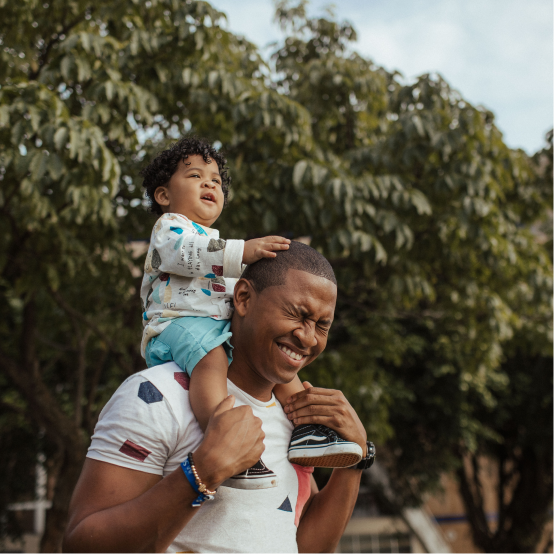
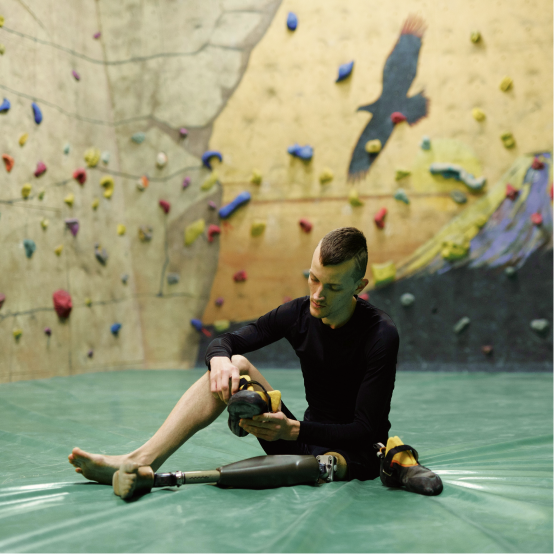


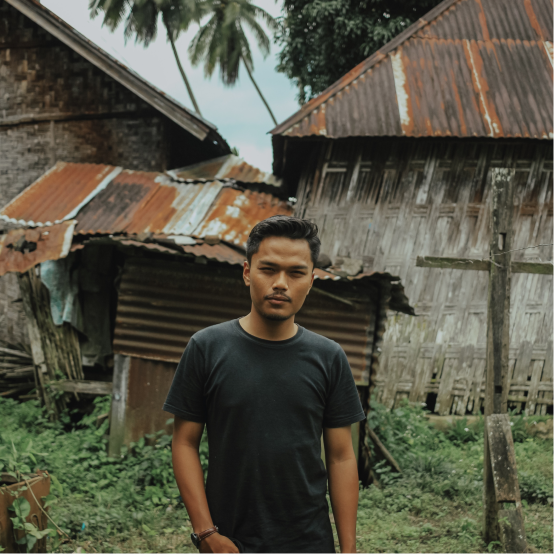
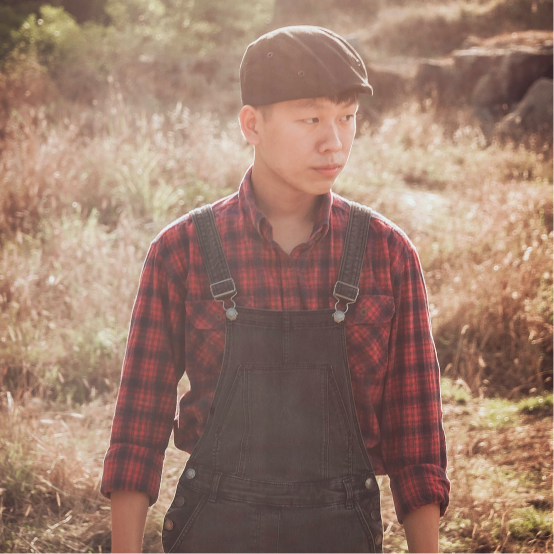

Final Design Decisions
After several round of internal voting and user input, we settled on these photos for the final product:

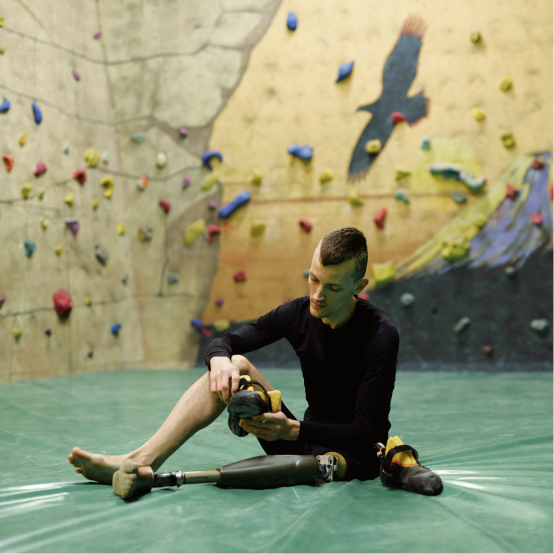

These photos each represent men from social groups that are historically marginalized.
1. The first photo on the left depicts a man of Asian descent. As someone who is familiar with South East Asian culture, I advocated for this photo because mental health is not a conversation that the Asian culture is comfortable having to this day. It is important to normalize associating mental health with Asian people.
2. The middle photo depicts a person with a disability dealing with his rock climbing equipment. Apart from his prosthetic leg, he is doing something that any other able-bodied person would be doing before or after rock climbing. Society is often so fixated on people with disabilities overcoming their disabilities to achieve something at the same or higher level than an able-bodied person that the mental health aspect of people with disabilities is often neglected.
3. The last photo shows a black father laughing with his son. Systemic racism and police brutality has put black people (particularly men) in the limelight. Civil movements like Black Lives Matter are working towards having more diverse representation in decision-making positions in society.
With the culture of toxic masculinity so rampant in most cultural groups, we must start nurturing our next generation with a different narrative. It is time to introduce a new interpretation of masculinity focused on empathy, mental health, and acceptance.
Intersecting Technology with Real Men
The banner image shows how Kilo works with men to gain a deeper understanding of their mental health by tracking self-reported qualitative data.
The green bionic graphic on the left is featured in the Kilo app to give users a visual representation of where the qualitative data stems from.
The box on the right informs the user on the system-generated summary of user-provided qualitative data.
Overlaying elements of the app over an image of man holding a smartphone invokes a sense of unity between the user's life and the product.
The final designs of the landing page have not been realized on the Kilo website because the development team is working on building out the main product.
